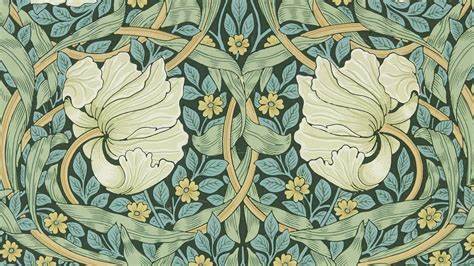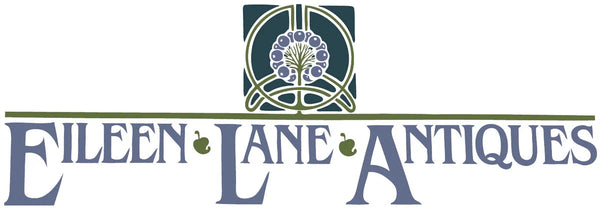
Embracing the Past for a Greener Future
In a world where sustainability is becoming increasingly crucial, we often look towards innovative technologies and new practices to pave the way for a greener future. However, one of the most effective and overlooked approaches to sustainability might lie in embracing the past: antiques. These time-honored objects offer a wealth of environmental and cultural benefits that align perfectly with the principles of sustainable living.
1. Reducing Waste Through Reuse
One of the most straightforward ways antiques contribute to sustainability is through reuse. Each antique piece represents a form of recycling long before the term became popular. By preserving and repurposing these items, we reduce the demand for new resources and minimize waste. Rather than discarding old furniture or decor, embracing antiques helps divert these items from landfills, extending their lifecycle and reducing the environmental impact of manufacturing new goods.
2. Lowering Environmental Impact
The production of new goods often involves significant environmental costs, including resource extraction, energy consumption, and pollution. Antiques, on the other hand, have already undergone the manufacturing process, and their continued use avoids the need for new production. By opting for antique pieces, consumers can significantly lower their carbon footprint and lessen the environmental strain associated with producing new items.
3. Promoting Craftsmanship and Quality
Antiques often showcase superior craftsmanship and materials compared to many modern items. These pieces were made with durability in mind, using high-quality materials that were meant to last. Investing in well-crafted antiques not only supports a tradition of quality over quantity but also ensures that products can be used for generations, reducing the need for frequent replacements and further conserving resources.
4. Celebrating Cultural Heritage
Antiques are more than just old objects; they are vessels of history and culture. They offer a tangible connection to different eras, styles, and ways of life. By valuing and preserving antiques, we honor cultural heritage and maintain a link to our collective past. This appreciation helps foster a deeper understanding of history and promotes a sense of continuity and identity, which is integral to sustainable living.
5. Supporting Local Economies
Antique markets and shops often support local economies by creating jobs and stimulating small businesses. By purchasing antiques, consumers contribute to the livelihoods of artisans, collectors, and shop owners who specialize in these unique items. This localized economic activity supports a more sustainable and community-oriented approach to consumption.
6. Encouraging Mindful Consumption
Finally, antiques encourage a shift towards more mindful consumption. In an age of fast fashion and disposable goods, antique shopping invites us to slow down and appreciate the value of well-made, meaningful items. This shift in mindset can lead to more thoughtful purchasing decisions, fostering a culture that values longevity and quality over fleeting trends.
Antiques offer a sustainable alternative to the throwaway culture that characterizes much of modern consumerism. By reducing waste, lowering environmental impact, promoting quality craftsmanship, celebrating cultural heritage, supporting local economies, and encouraging mindful consumption, antiques play a crucial role in the movement towards a more sustainable future. So, the next time you're considering a purchase, think about the timeless value of antiques. They might just hold the key to a greener, more thoughtful way of living.
